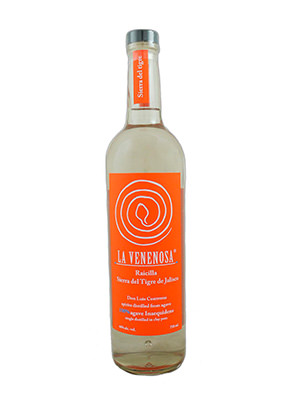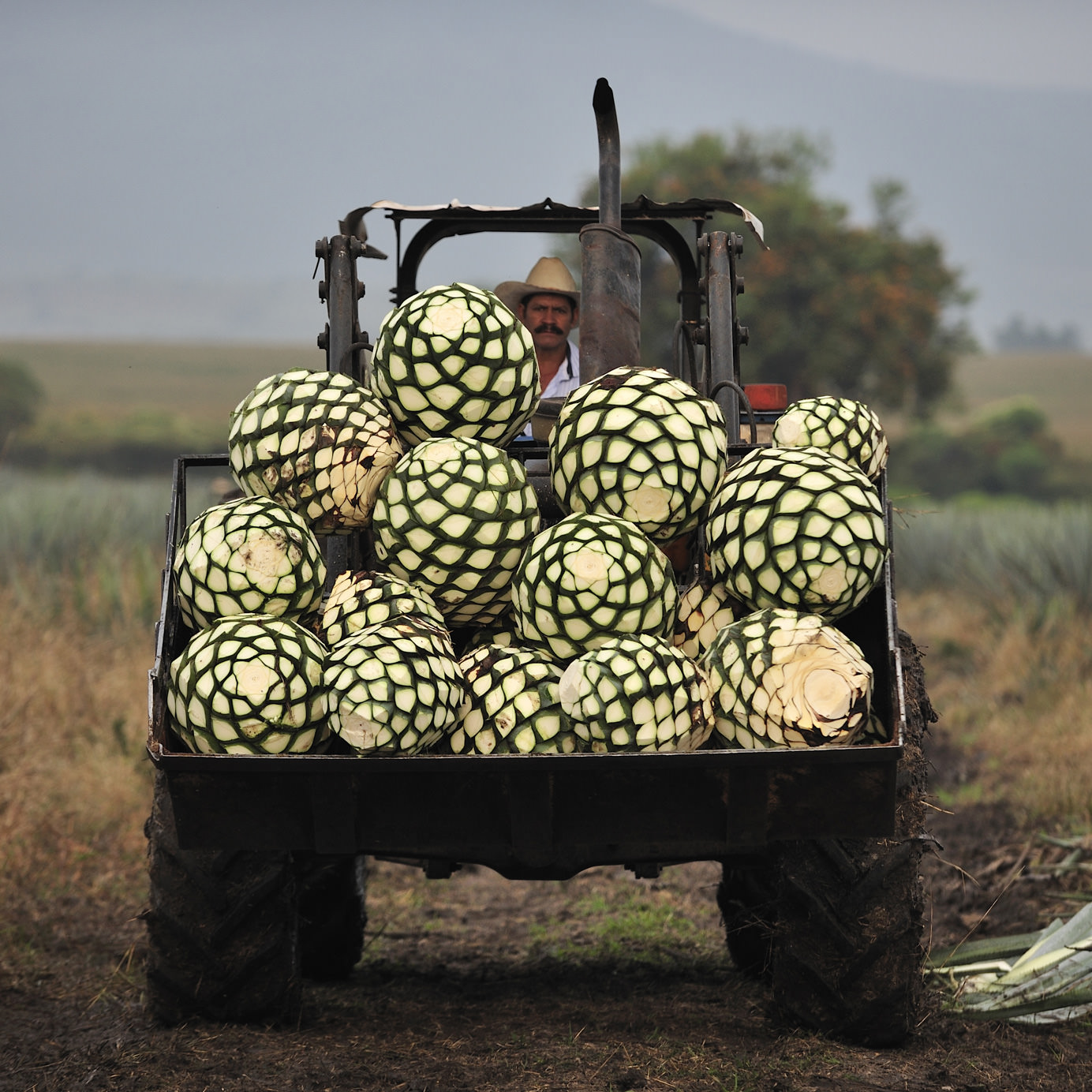With skyrocketing sales and famous friends (¡hola, George Clooney!), agave spirits like tequila and mezcal are having a banner year in the United States. Now, savvy bartenders and industry folks are embracing raicilla, a distilled Mexican agave spirit with nuanced, vegetal flavors.
Despite its centuries-old history, for many, raicilla remains shrouded in mystery. In part this is because of diversity within the category. Also, some producers are making the beverage literally underground. But we’re getting ahead of ourselves.
Like tequila and mezcal, raicilla is made from the agave plant. It is roasted like mezcal, not steamed like tequila. It hails from Jalisco, which lies outside the states in which official mezcal must be produced. As with Champagne in France, Mexico has a national system to classify locally made booze, called a Denominacion de Origen. Agave spirits made outside those recognized regions, such as raicilla, sotol, and bacanora, aren’t part of the party.
Unlike traditional, double-distilled mezcals, raicilla is typically single-distilled. Because Jalisco has the second-greatest biodiversity of agaves outside of Oaxaca, distillers use a range of plants in its production, such as Maximilliana, Americana, pata de mule, or mule’s foot (which is similar to an espadin). The epicenters of raicilla are on the coast south of Puerto Vallerta (“de la costa”), and in the Occidental Mountains (“de la sierras”). Some distillers use copper pots, which they call Asian stills, modeled after the copper vessels Filipino immigrants to coastal Jalisco used to distill coconuts.
The spirit itself is ancient but has a delightfully insurgent post-colonial history. Once a humble beverage, primarily enjoyed by farmers, raicilla was rendered verboten and taxed heavily after the Spanish conquest. Production moved underground. When tax collectors came to small villages, locals lied, saying the spirit they were making didn’t use the piña of agave like mezcal (it did); rather, it was from the “roots” of the agave (same thing). They gave their spirit the name raicillia, or “little root.”
Even today, some producers make their raicilla underground and sell it by the roadside in Jalisco in unmarked plastic bottles.
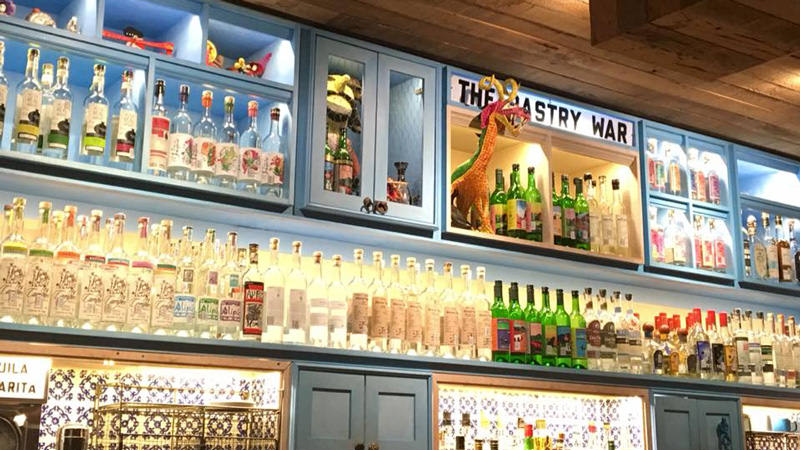
Arik Torren, owner of Fidencio mezcal, is leading the charge to bring raicilla legally and earnestly to the United States.
“I founded Fidencio mezcal a decade ago,” he says. “I started growing and learning more. I started to realize that agave is bigger than one man, one place. It’s just massive.”
In 2012 Torren happened upon a raicilla label, La Venenosa, and told the owner, Esteban Morales, he wanted to import it. Thus began an almost two-year journey to get raicilla into America.
“The category literally didn’t exist in the U.S.,” Arik says. “We had to fix that.”
Unfortunately, in 2013, when Torren approached the government to try to bring raicilla into the general alcohol population, he happened upon a massive government shutdown. What should have taken a few months lasted almost a year, delaying the arrival of raicilla to the States until 2014.
Now Torren has seven expressions of raicilla, including six proper bottles and a small-batch line, available in the United States under the La Venenosa label. Their origins span multiple regions in Jalisco.
The most accessible bottle is Tabernas, from Sierra Occidental de Jalisco. If you’re into the funky stuff, La Venenosa’s Sierra del Tigre de Jalisco is a rare-batch raicilla producing only 700 liters per year. It smells like cheese and tastes like chocolate-covered cherries.
“[It’s] the journey of the weird,” Torren says of the raicilla category. “Producers enjoy single-distilled, which isn’t allowed in mezcal. Half our raicillas are single-distilled. All of them have unique aspects… You can see the flavor that you can’t get in double-distilled spirits.”
Noah Small, beverage director of NYC’s esteemed Empellon dynasty, is also a raicilla fan.
“I like it because I think it’s another step into the world of mezcal,” Small says. “It’s another tool to play with. It’s three-dimensional. Texturally it’s really cool. You’re playing with varietals of agaves that you don’t normally have with mezcal. It’s single-distilled. It can be surprisingly soft.”
He serves raicilla at all three Empellon locations in NYC. At Taqueria, Small found a way to harness its funky flavors into a wildly ambitious (and delicious) cocktail with cold-brew coffee liqueur and pomegranate.
“I think it’s a unique cocktail,” he says. “It winds up having a tannic quality. It grips your palate the way a Cab would. It has a savory quality, and it pairs well with a steak taco.”
Raicilla is now available in almost 25 states in the U.S., and popping up on cutting-edge bar and restaurant menus in NYC, Los Angeles, and others.
I had my first raicilla at Pastry War, an agave mecca in Houston. It was a rainy Sunday and the bar was dead. I was in a weird mood and wanted to drink weird mezcal, straight. On a whim I ordered a tasting of raicilla. It was the highlight of my night, if not my entire trip to Houston.
The raicilla woke up my mouth, in a good way. It was fresh and crisp without being harsh, and it had hints of smoke but wasn’t peaty. I could go on, but you should really just get a bottle from the internet and try it yourself.
“I’m just spreading the gospel of agaves,” Arik Torren says with a laugh. Preach, Arik, preach.
Raicilla Bottles to Try
Estancia Raicilla: This fragrant raicilla is made from the piña of Maximilliana agave, known as Lechuguilla, and has floral, citrusy notes complemented by tropical fruits. Average price: $40
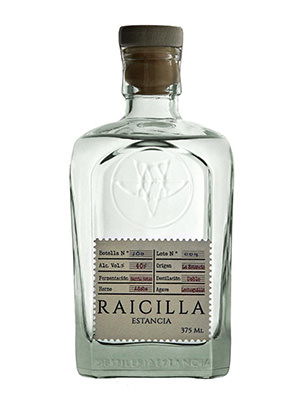 La Venenosa Sierra Occidental de Jalisco Raicilla: A bright, bold raicilla made with Maximilliana agave planted some 1,500 meters above sea level, this entry-level La Venenosa bottle has savory black pepper notes alongside cocoa, minerals, and hints of smoke and summer berries. Average price: $60
La Venenosa Sierra Occidental de Jalisco Raicilla: A bright, bold raicilla made with Maximilliana agave planted some 1,500 meters above sea level, this entry-level La Venenosa bottle has savory black pepper notes alongside cocoa, minerals, and hints of smoke and summer berries. Average price: $60
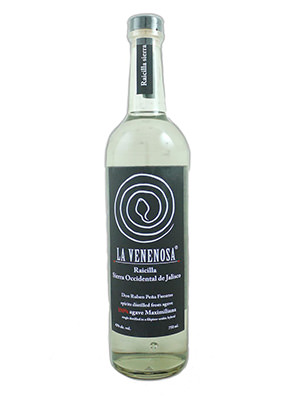 La Venenosa Sierra del Tigre: Like the funky stuff? La Venenosa releases just 700 liters per year of the “crown jewel” of its excellent line. It has a rustic, herbal nose followed by a creamy, fruity palate. Average price: $125
La Venenosa Sierra del Tigre: Like the funky stuff? La Venenosa releases just 700 liters per year of the “crown jewel” of its excellent line. It has a rustic, herbal nose followed by a creamy, fruity palate. Average price: $125
